Now that news of climate change is no longer new, the role of eco-performance is less about raising awareness and more about emotional and psychological triage for humanity so that we can be strong for the reparative process to come.
Multi-Species Eco-Justice en las Américas: A Samba in Three Parts
One of my specializations as a cultural organizer—besides performing arts, ecology, and climate change—has been artistic mobility between Latin America, the Caribbean, and the United States of America, with a critical and plural perspective on transnational cultural, linguistic, and biological exchange in the Americas. Since 1995, I have lived physically, psychologically, politically, and culturally in both Florida and Brazil, exploring culture and ecology. It is because of my deep inter-reliance on Brazilian thought, people, land, and energy that I open space here for Brazilian voices who can speak of essential places of decolonial resistance, eco-reconnection, plurality, and traditional and futuristic indigeneity.
To situate writing about eco-performance in Brazil, it may be useful to remind readers that Brazil is geographically larger than the continental United States. It holds within its boundaries much of the largest tropical rainforest on the planet and arguably the largest pool of planetary biodiversity. In terms of performance practice, anyone feeling like it’s a good time to apply the principles of Theatre of the Oppressed to their artistic or organizing work owes Brazil a debt of gratitude. Augusto Boal developed this work in Brazil and with Brazilian collaborators, participants and audiences. It required the specific social conditions of Brazil for Boal’s work to be potent, meaningful, and relevant to our needs today. One of the most important pedagogues of the twentieth century, Paulo Freire, is from Brazil, and is considered one of the godfathers of today’s social justice movements. Indigenous leaders such as Ailton Krenak, ecofeminist Ivone Gebara, radical geographer Milton Santos, and philosophers, artists, and cultural strategists Djamila Ribeiro and Márcia Tiburi are just a few examples of the Brazilian thinkers who advance what Boaventura de Sousa Santos calls “justice against epistemicide.” Their cultural models must be taken seriously if we presume to use arts and culture towards future climate justice.
There is a long history of performance and environmental activism that is integral to Brazilian identity. In a country that has taken carnival arts to epic levels and suffered brutal repression of its artist class under a fairly recent military dictatorship, street theatre and protest parades are not idle pursuits with inconsequential impacts. Many performances in Brazil related to concerns of ecological sustainability and industrial degradation of Brazil’s lands predated the 2012 Rio+20 conference, where Amazonian Indigenous sovereignty and protections against mining and exploitation of natural resources were recognized in a global forum. Equally important is how prominent Brazilian activists and cultural leaders have been in the international environmental justice movement, (Chico Mendes, anyone?) and they are still risking life, limb, and habitat to make sure the rest of our planet can have water and breathe.
I raise a toast to every masked, caped, poem-sign-wielding, samba-heeled, hip shaking, fake- and real-blood-soaked artivist out in those streets. I salute your impoliteness, your courage, your metaphoric judo, your nakedness, your long walk in the hot sun, your honesty, and and your willingness to get arrested or worse. In the year 2021—when the murder rate of environmental activists (most of whom identify as Indigenous) exploded in places like Brazil, Southeast Asia and across the African continent—protest was not only funny and crass but deadly and serious.
The three voices I have invited from Brazil to reflect on eco-performance in a time of climate emergency are Martin Domecq, Onisajé (Fernanda Julia), and Adilson Siqueira. This series honors the work of these three eco-performance practitioners, educators, and writers who are creating shared experiences and discourse that is shifting the conversation about climate justice, anti-racist cultural organizing, eco-performance, and culture’s role in radical change across these Americas.
There is a long history of performance and environmental activism that is integral to Brazilian identity.
Educator, theatre director, and playwright Martin Domecq has produced works in what he calls interzonas—or spaces that bridge and energize environments with eco-performance—in communities across the state of Bahia. In his essay, he shines light on the work of Indigenous and non-Indigenous artists from across Brazil who are creating works in these spaces. The works he shares speak to historical realities in Brazil, including concepts of urbanity and regenerative decolonization. As an educator at one of the leading universities in northeastern Brazil, his focus is creating access points for students between performance and ecology.
I first met Onisajé in 2014 after seeing her work Exu: A Boco do Universo (Exu: Mouth of the Universe) at Sesc-Senac Pelourinho Theatre in Salvador, Bahia. It was an irreverent performance that mixed the sacred, the profane, pop culture, and political scandal to make a case for cosmic healing through respect for ancestral knowledge of nature and natural systems. Performed outdoors in the round, the work challenged audiences with a dynamic, artistic application of Candomblé’s values and energy. The cast and director expertly stripped away any possibility of romantic or infantilized folklore without diluting or disrespecting the sacred authority it draws from. That night, I became an instant fan of Onisajé company, Teatro Preto do Candomblé, and I hope you will enjoy reading about her experience and approaches to eco-reconnection through her company’s work.
Adilson Siqueira is a researcher, artist, and organizer who has been fundamental in generating and disseminating eco-poetic activities, protests, academic projects, and sit-ins in Minas Gerais before others in the academic sphere in Brazil were making the connection between the arts and environmental justice. For this series, Adilson organized a conversation with his collaborators on the concepts and community engagement practice of the “Corpo Quebrada” or “Bent Body” as it relates to community engagement and eco-poetics in under-resourced communities in Minas Gerais. Follow their journey into the “peripheral communities” or slums of Minas Gerais where they redefine embodiment for a new age of community arts encounters. We are presenting the abridged text of their conversation in Portuguese and English, and those who would like to listen to the full conversation in Portuguese may do so on my website.

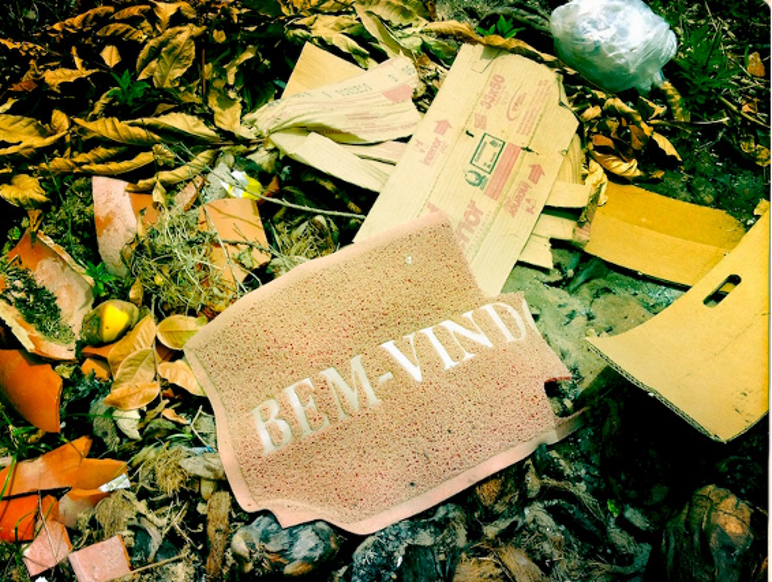
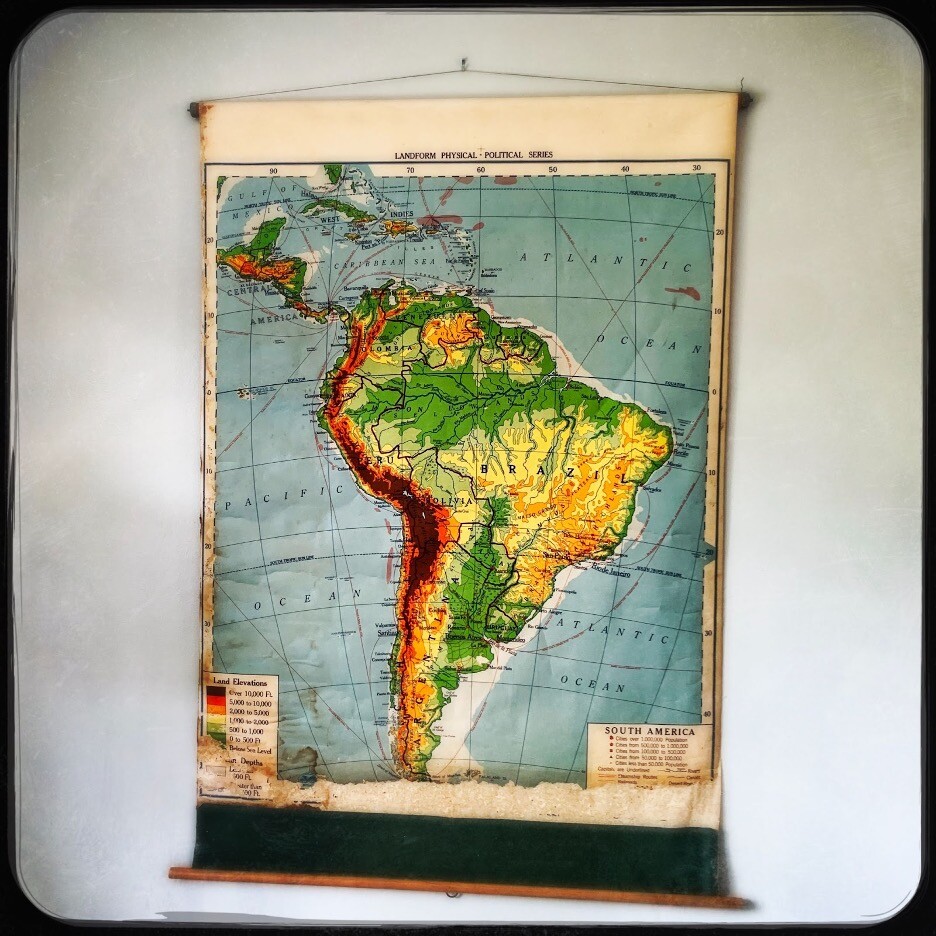
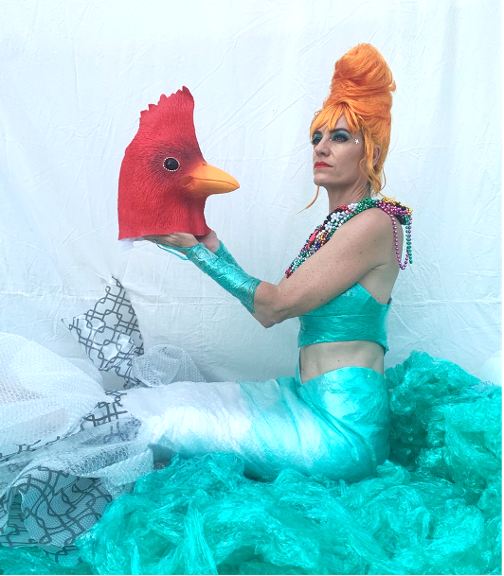
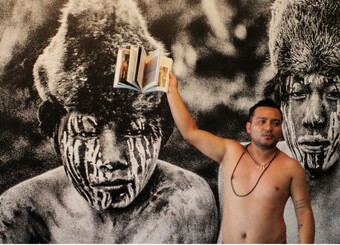

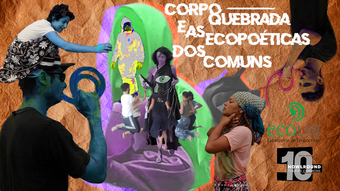

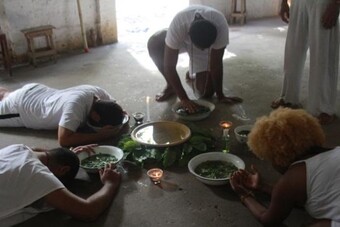

Comments
The article is just the start of the conversation—we want to know what you think about this subject, too! HowlRound is a space for knowledge-sharing, and we welcome spirited, thoughtful, and on-topic dialogue. Find our full comments policy here